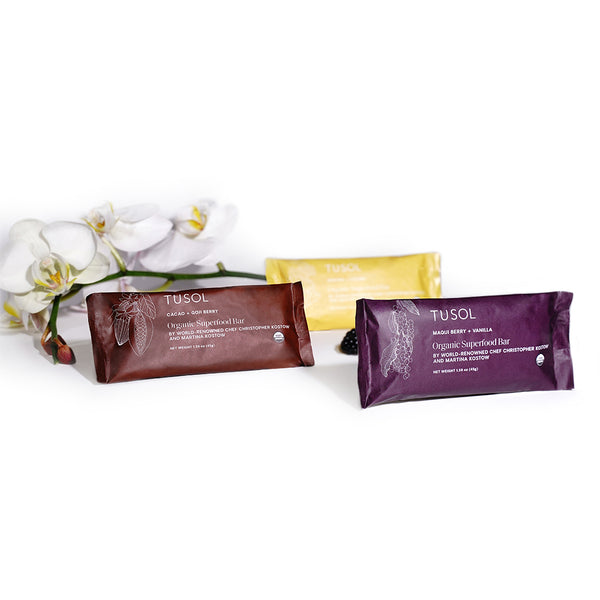Seasonal Affective Disorder, also known as SAD, is a type of depression that is related to the changing seasons. It typically starts in the fall and continues throughout the winter months, causing feelings of sadness, hopelessness, and a lack of energy. If you suffer from SAD, you're not alone. It's estimated that up to 5% of the population in the United States experiences SAD, with another 10-20% experiencing a milder form of the disorder known as the "winter blues."
Luckily, there are several research-backed remedies that can help improve mood and energy during the winter months for those suffering from SAD.
Light therapy: Light therapy, also known as phototherapy, is a treatment that involves exposing the person to a special light box that simulates natural outdoor light. This can help regulate the body's internal clock and improve mood. Light therapy is considered to be one of the most effective treatments for SAD, and it's a good option for people who have had good results with antidepressants in the past.
Exercise: Regular exercise has been shown to be an effective treatment for depression, and this is also true for SAD. Exercise releases endorphins, which are chemicals in the brain that can help improve mood. Exercise also helps to reduce stress and improve sleep, which are both important factors in managing SAD.
Mindfulness meditation: Mindfulness meditation has been shown to be an effective treatment for depression, and it may be especially helpful for people with SAD. It involves paying attention to the present moment without judgment, and it can help reduce feelings of stress and anxiety.
Vitamin D supplementation: Vitamin D is important for many bodily functions, including regulating mood. Some studies suggest that low levels of vitamin D may contribute to SAD. Therefore, supplementing with vitamin D during the winter months may be helpful in managing SAD symptoms.
It's important to note that SAD is a serious condition and these remedies should be used in conjunction with a treatment plan prescribed by a mental health professional. It's also important to seek professional help if you're experiencing symptoms of SAD, such as feelings of sadness or hopelessness that last for more than two weeks.
In conclusion, if you're experiencing SAD, know that you're not alone, and that there are effective remedies to help improve your mood and energy during the winter months. Light therapy, exercise, mindfulness meditation, vitamin D supplementation, and talking therapy are just some of the research-backed treatments available to help manage SAD symptoms. It's important to seek professional help to develop a treatment plan that's tailored to your specific needs.














